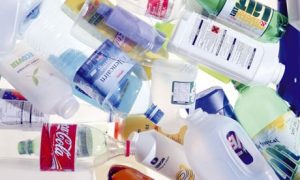It’s Simple
All acceptable recyclables go loose and properly rinsed out, in the toter.
We continuously improve our services through technological advancements, the hard work of our dedicated team, and increased efficiency. We are committed to passing those savings onto our customers.
All acceptable recyclables go loose and properly rinsed out, in the toter.
You don’t need to sort your recycling. Just put all of your clean recyclables in your convenient recycle toter.
Recycling reduces waste by diverting items from the trash stream.
We reduce emissions by having less trucks out on the road. The more people we service in your neighborhood the greater the impact.
Less production of new goods means less emissions.
By not having to produce new products, recycling provides noticeable savings in energy costs.
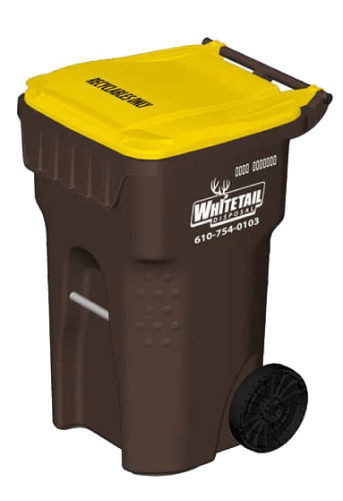
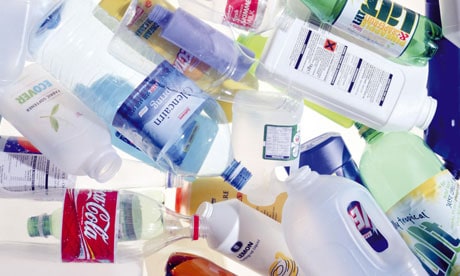
Plastics 1 and 2 are preferred but 1-7 are accepted.
Recycle plastics by shape: bottles, jars, jugs and tubs.
All bottles and containers must be rinsed clean and dry.
Dirty recycling is contaminated recycling.
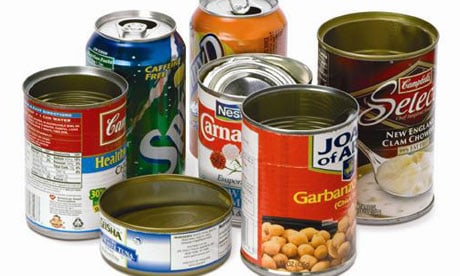
Recycle empty tin, aluminum and steel cans.
All food and beverage cans must be rinsed clean and dry.
Dirty recycling is contaminated recycling.

Paper, newspaper and magazines are good to recycle.
If paper is shredded, soiled, or wet, compost or trash it.
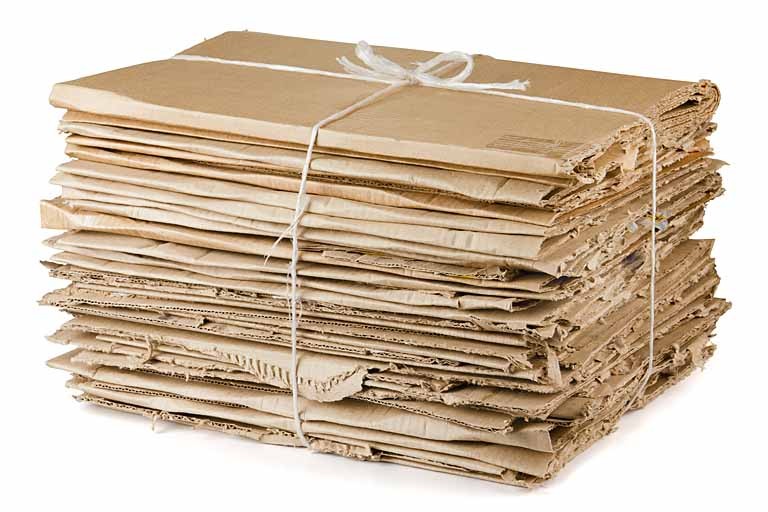
Flatten and bundle all cardboard and paperboard when not placing inside toter.
Pizza boxes are trash and not recyclable.
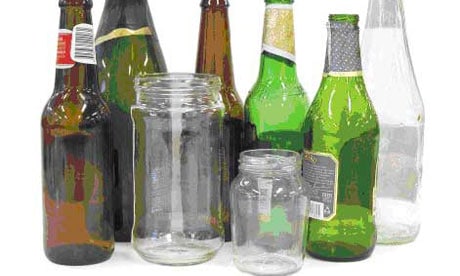
Glass food bottles and jars can be recycled.
Not all glass is recyclable. Glass that has specialized chemical compositions such as tempered glass are not recyclable.
Make sure glass containers are rinsed out and completely empty to avoid contamination.
Dirty recycling is contaminated recycling.
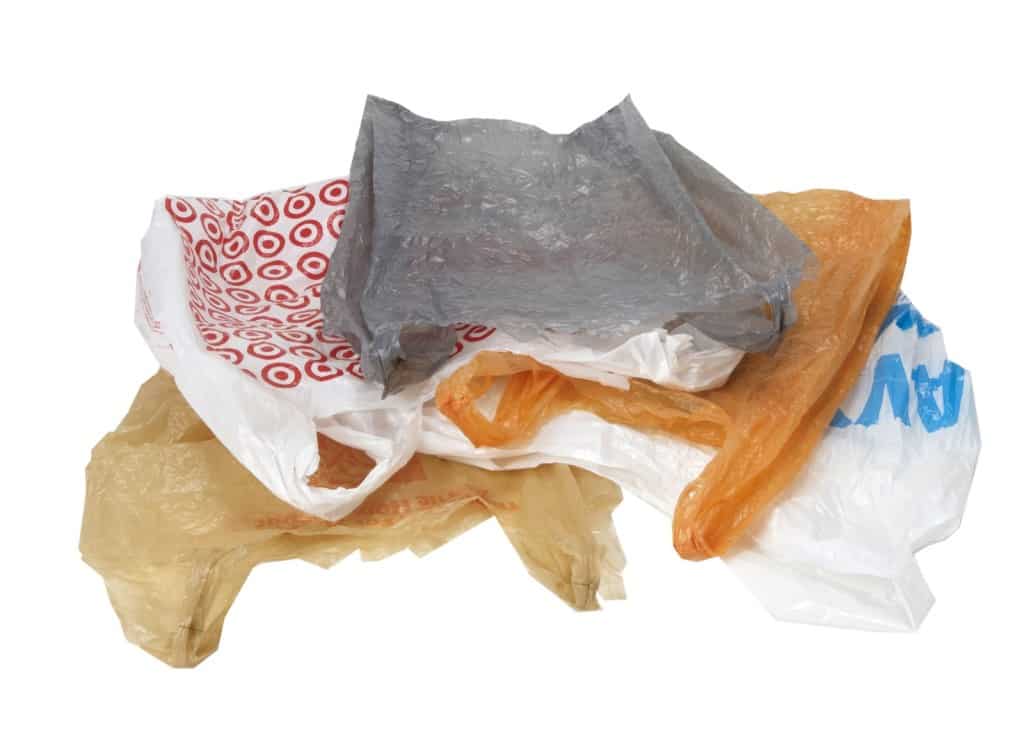
Plastic bags are not accepted as part of curbside recycling programs – they get tangled in equipment and threaten worker safety.
Plastic bags can be recycled at most grocery stores.
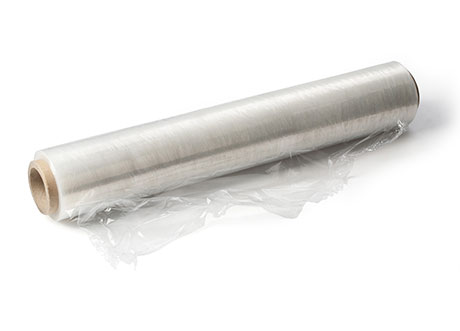
Plastic wrap, bubble wrap, sandwich bags and freezer bags should not go in the recycle bin.
Reuse whenever possible for presents, moving, or storage of similar items, or look for local options to recycle.
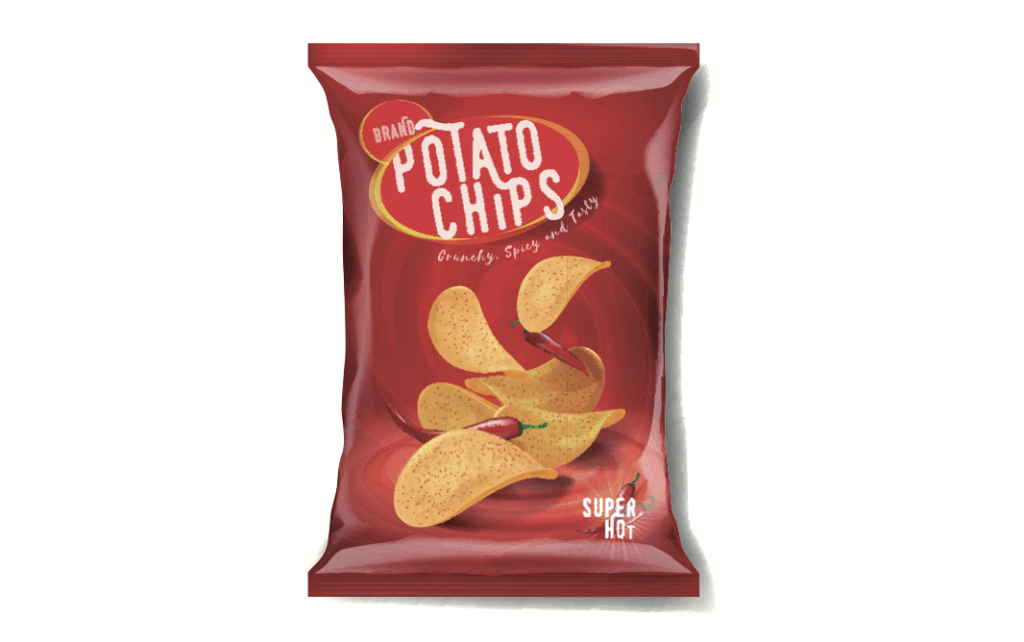
Flexible packaging like chip bags and juice or soup pouches cannot be recycled in curbside programs.
This type of packaging is made from multiple materials preventing it from being recycled.
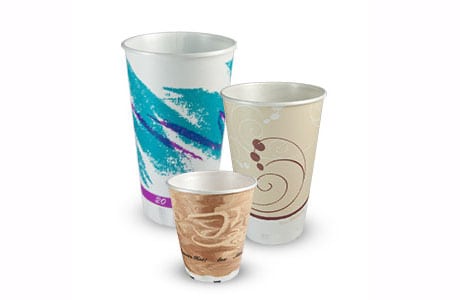
Cups with plastic or waxed coatings are not recyclable. The plastic lids should be trashed as well.
Invest in and carry a reusable cup instead.
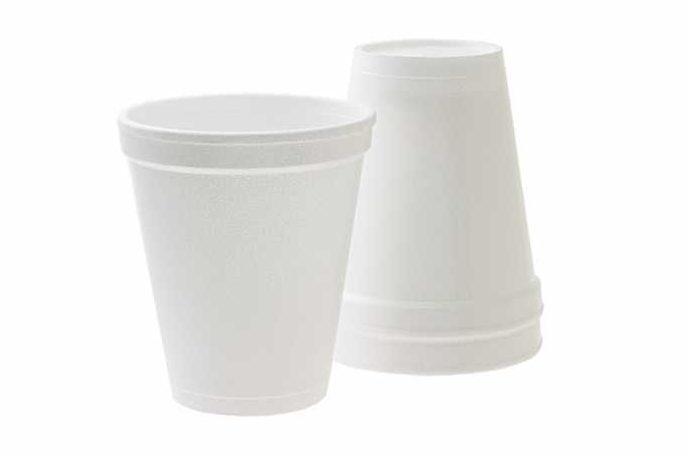
Polystyrene foam, plastic “to-go” containers and cups are made of non-recyclable materials, and are not acceptable in the curbside recycling program.
Packing peanuts aren’t recyclable either, however some shipping stores will take peanuts back for reuse.
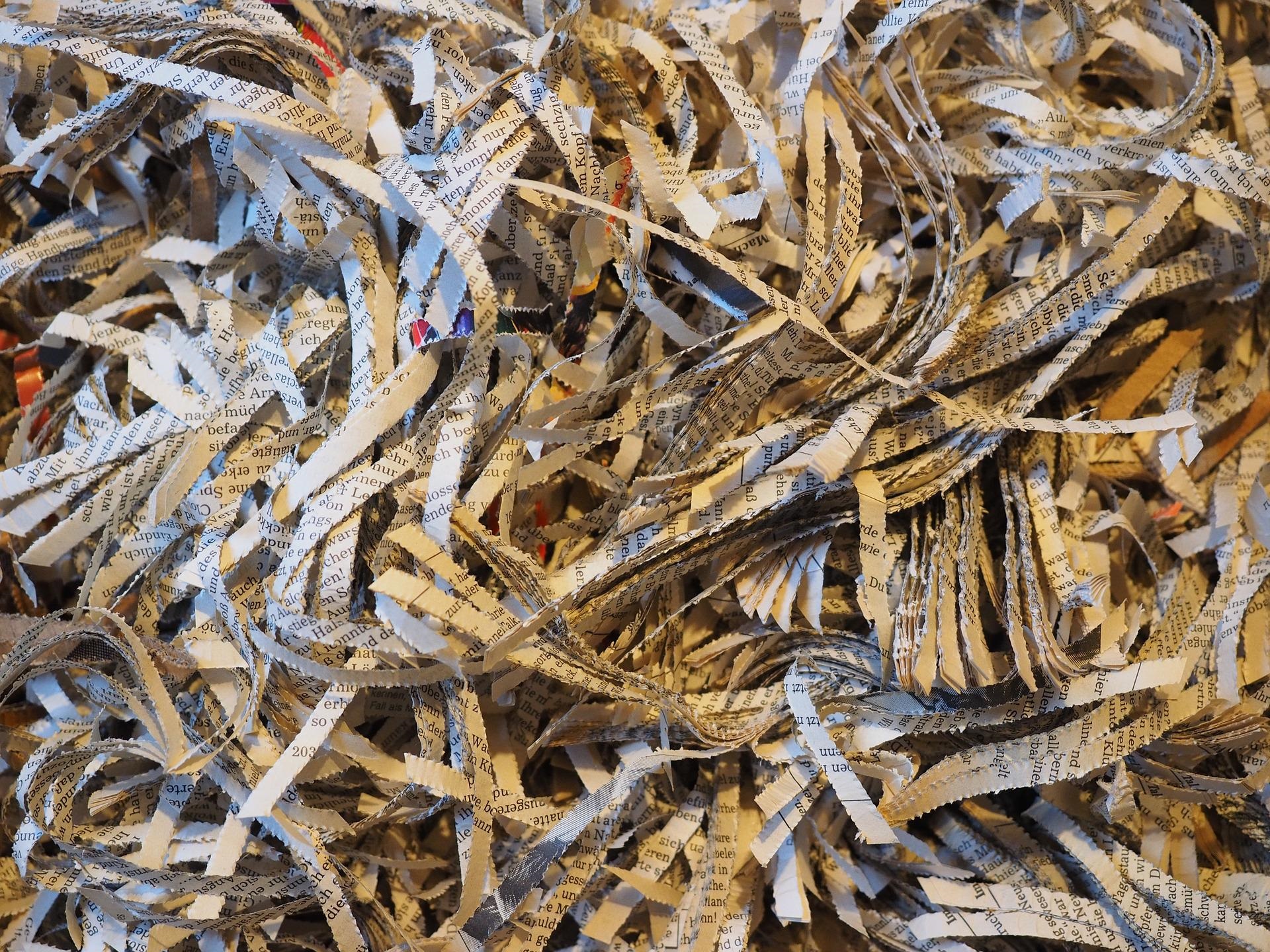
Shredded paper is too small to be properly processed at the recycling facility.
Single stream recycling toters are currently contaminated with material that cannot be recycled.
Cell phones, computers, laptops, tablets, appliances, and more can all become e-waste.
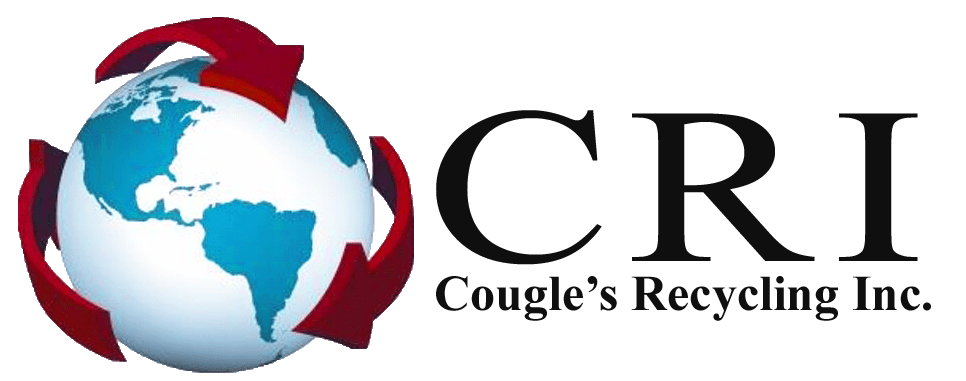
As a consumer make informed choices about what you purchase. Refuse to purchase products that cannot be reused or readily recycled.
You can reduce your impact by reducing your consumption.
Avoid purchasing single-use items and instead, invest in reusable products. Most single-use items have reusable alternatives from drinking straws to sandwich bags.
Always use best recycling practices to maximize what can be turned into new products and minimize what must be processed as waste.
WD partners with Covanta, a local resource recovery facility, that turns what isn’t recyclable into energy to power the city of Philadelphia.
Plastic bags can easily get caught in the sorting machinery at the recycling facility causing stoppages and breakdowns. These delays and repairs are costly for the recycling facility and endanger the long-term sustainability of recycling.
Bundles should be 4′ long x 1′ thick or less.
Subscription residential customers can put out 2 bundles per week.
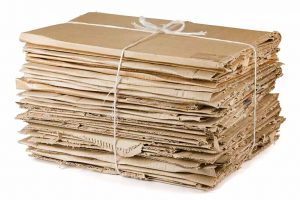
Dirty containers can contaminate other clean recycling such as paper and negatively affect recycling purity rates.
This hurts the overall sustainability of recycling by burdening local sorting facility and lowering the value of recyclables on the market.
The short answer is #1 and #2 plastics are the most recyclable due to chemical properties and existing recycling infrastructure.
